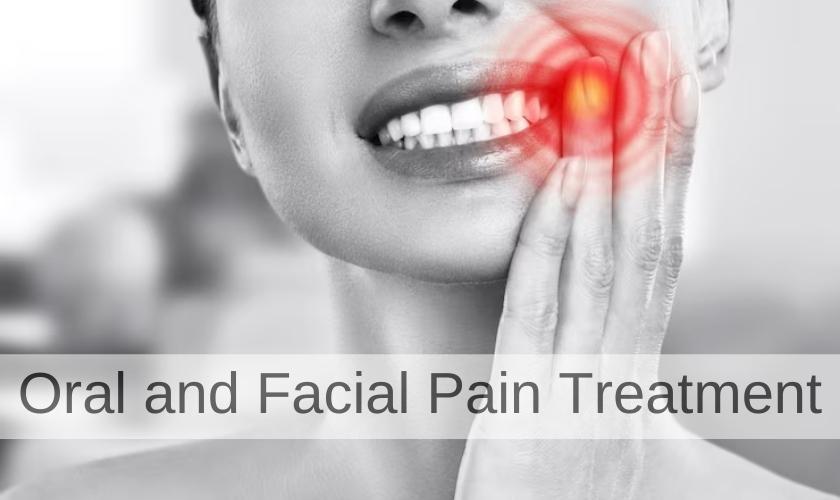
October 16, 2023, By Virginia TMJ Facial Pain and Sleep Center
Your mouth is a remarkable part of your body. It’s not just for eating and speaking; it’s also a gateway to overall health. When your mouth experiences discomfort or pain, it might be trying to tell you something important. While occasional toothaches or jaw pain are common, they can sometimes indicate more serious underlying issues. This blog will explore some clues that your oral pain could be more serious than you think. We’ll also discuss the importance of seeking professional help from a Glen Allen dentist specializing in oral and facial pain treatment. Let’s dive in and decode the messages your mouth might be sending.
Common Oral Pain Signals
- Persistent Toothache: A nagging toothache that doesn’t go away may indicate a cavity or infection. Ignoring it can lead to severe dental problems.
- Gum Swelling and Bleeding: Inflamed or bleeding gums are often early signs of gum disease, which can progress and lead to tooth loss if left untreated.
- Jaw Pain: Frequent jaw pain, especially when opening or closing your mouth, can be a sign of temporomandibular joint disorder (TMD) or other underlying issues.
- Mouth Sores: While occasional mouth sores are common, persistent or painful sores that don’t heal may indicate oral cancer or other serious conditions.
- Sensitivity to Hot and Cold: Extreme sensitivity to hot or cold foods and drinks can signify tooth decay, enamel erosion, or gum recession.
- Chronic Bad Breath: Bad breath that persists despite good oral hygiene may indicate an underlying issue, such as gum disease or digestive problems.
When To Seek Professional Help
While some oral discomfort can be managed at home with good oral hygiene and over-the-counter remedies, certain signs should prompt you to schedule an appointment with a dentist in Glen Allen, VA, specializing in oral and facial pain treatment:
- Pain That Persists: If oral pain lasts more than a few days or worsens, it’s time to consult a professional.
- Difficulty Eating or Speaking: If oral pain interferes with your daily activities, seeking help is a clear signal.
- Swelling and Fever: These symptoms can indicate infection, which should be treated promptly.
- Changes in Oral Tissues: Any changes in the color or texture of your mouth’s tissues, such as lumps, bumps, or unusual growths, require immediate attention.
- Oral Pain Accompanied by Other Symptoms: If your oral pain is accompanied by symptoms like earaches, headaches, or neck pain, it may suggest a more complex issue that needs evaluation.
Treatment And Prevention
Preventive measures play a crucial role in maintaining oral health. Regular dental check-ups and cleanings can help catch and address issues early. Adopting good oral hygiene practices, such as brushing, FlOSSING, and using mouthwash, can significantly reduce the risk of oral problems. Treatment for oral pain varies depending on the underlying cause. It may include:
- Dental procedures like fillings, root canals, or extractions for dental issues.
- Orthodontic treatment for misaligned teeth.
- Physical therapy and lifestyle changes for TMD.
- Oral cancer treatment may involve surgery, radiation, or chemotherapy.
Your mouth is a powerful communicator, and it can reveal a lot about your overall health. Please pay attention to the signals it sends through oral pain and discomfort. While minor issues are common, persistent or severe pain should never be ignored. Seeking help from a Glen Allen dentist specializing in oral and facial pain treatment can be the first step toward addressing underlying problems and maintaining a healthy smile. Be sure to take action promptly before your oral pain becomes a serious concern; listen to what your mouth tells you and take action promptly for a happier, healthier you.
